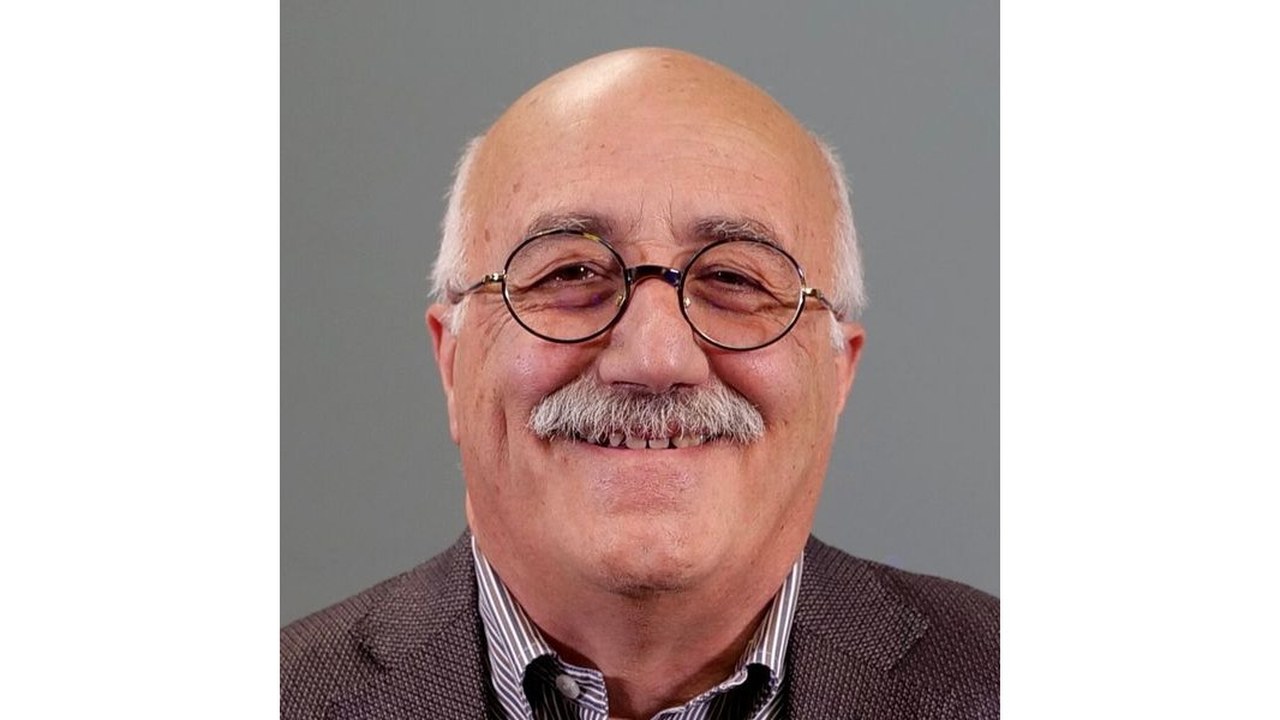Do we really understand catalysis?
Colloquia
- Speaker
-
Michele Parrinello
Istituto Italiano di Tecnologia - When
-
2024/09/26
16:00 - Place
- DIPC Josebe-Olarra Lecture Hall
- Add to calendar
-
iCal

About the speaker
Michele Parrinello is a renowned Italian physicist and computational chemist known for his pioneering work in molecular dynamics and electronic structure calculations. He earned his physics degree from the University of Bologna in 1968 and has held prominent positions, including Director at the Max Planck Institute for Solid State Research and research staff member at IBM Research Laboratory in Zurich. Parrinello, alongside Roberto Car, developed the Car-Parrinello molecular dynamics (CPMD) method in 1985, significantly impacting computational chemistry by integrating molecular dynamics with density functional theory. This method has profoundly influenced the simulation of solids, liquids, and molecules. Additionally, Parrinello co-created the Parrinello-Rahman method for simulating crystalline phase transitions under constant pressure. Currently a senior researcher at the Italian Institute of Technology (IIT) and professor emeritus at ETH Zurich, Parrinello has been honored with numerous awards, including the Dirac Medal, the Sidney Fernbach Award, and the Dreyfus Prize, reflecting his significant contributions to computational science and chemistry.
Prof. Parrinello's web pageWikipedia article
